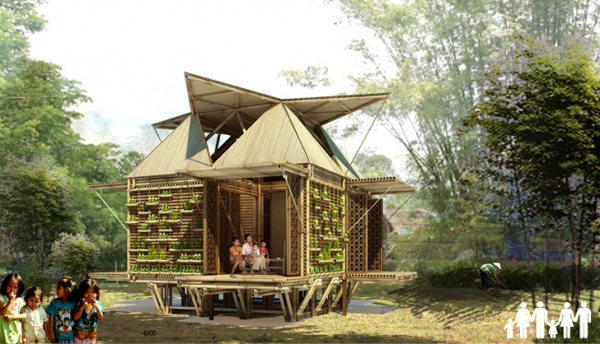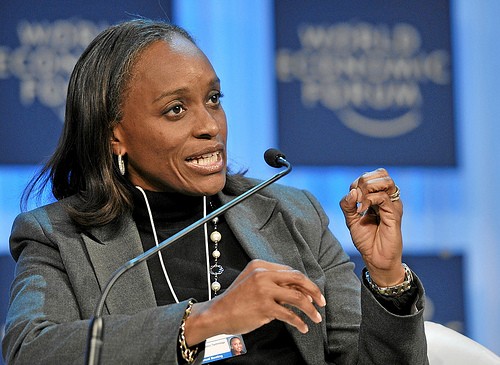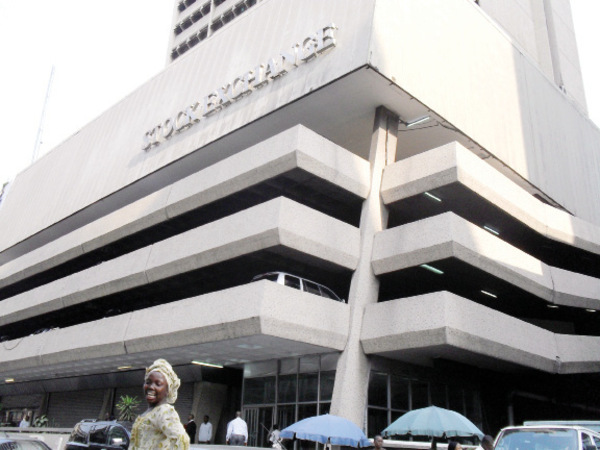 In addition to projects in sectors strategic for its growth, Total is involved in several other new exploration and production projects throughout the world. Nigeria, one of Total’s biggest foreign exploration and production investments shall witness a huge chunk of it’s strategic expansion projects.
In addition to projects in sectors strategic for its growth, Total is involved in several other new exploration and production projects throughout the world. Nigeria, one of Total’s biggest foreign exploration and production investments shall witness a huge chunk of it’s strategic expansion projects.THE IMA PROJECT
Total is a partner in the IMA offshore gas project operated by Amni, located in Oil Mining Leases (OML) 112 and 117. The capacity of this field is estimated at 60,000 barrels of oil equivalent per day (boe/d). Total holds a 40% interest in the project. Amni is the other partner (concessionaire), with a 60% stake.
Total’s presence in the IMA project strengthens our positions in Nigeria’s booming gas sector.
IMA extends over 50 square kilometers (km²) in the eastern Niger Delta, in a water depth of 10 m. The Nigerian oil company Amni joined forces with Total to draw on our technical experience and tap the gas potential of this field. Total and its local partner are contributing to resource development in Nigeria.
The IMA field development will go hand in hand with community development initiatives focusing on education, especially in coastal communities.
Total is operator on the additional condensate gas development project on onshore lease OML-58. Start-up of the new facilities with expanded capacity is expected in 2013.
Total has a 40% interest in the project. Its partner, Nigerian National Petroleum Corporation (NNPC, concessionaire) holds the remaining 60%.
Upgrading the facilities of OML-58 is consistent with Total’s strategy of maximizing production to enhance the value of resources in the Niger Delta.
When completed in 2013, the OML-58 Upgrade will raise the condensate gas treatment capacity from 10 to 15 million cubic meters per day (Msm3/d). This entails building a second treatment train at the Obite Treatment Centre, modernizing the facilities of the Obite gas plant, and building a 42-inches/45-km gas pipeline to handle the new volumes for export to the Bonny LNG plant.
Total is contributing to economic and social development in the region by involving local communities in the project: 90% of the total hours worked will be performed locally.













